DOES THE INCLUSION OF AN EX-CJI INTO ANY HOUSE OF PARLIAMENT AFFECT THE MAINTAINED SYSTEM OF CHECKS
Introduction
On March 19,2020, former Chief Justice of India, Ranjan Gogoi, took oath as a member of the Rajya Sabha, the upper house of India's Parliament. His nomination was made by the President of India under Article 80 of the Constitution, which allows for the nomination of members to the Rajya Sabha. However, this decision sparked controversy and criticism, especially from some members of the judiciary and the opposition party, Congress. The debate centered around the appropriateness of appointing a recently retired judge to a political position.
The appointment of Ranjan Gogoi to the Rajya Sabha isn't the first time a former Chief Justice of India (CJI) has been given a position in Parliament after retirement.
- Justice Ranganath Mishra: Justice Ranganath Mishra was offered a Congress party ticket in 1998, more than six years after his retirement. His appointment raised questions of a "quid pro quo" because, during his tenure, he had given a clean chit to the Congress party regarding the 1984 anti-Sikh riots.
- Justice Baharul Islam: Justice Baharul Islam served as a Rajya Sabha member from 1962 to 1972 before becoming a judge in the Guwahati High Court. Later, he was appointed to the Supreme Court in 1980. He resigned from the Supreme Court in 1983 to return to the Rajya Sabha. His judgment in a case involving the then Congress Chief Minister of Bihar, Jagannath Mishra, in the Patna Urban Cooperative Bank scam, sparked controversy.
- Justice Mohammad Hidayatullah: Justice Hidayatullah served as the Chief Justice of India from 1968 to 1970 and later as the Vice President of India from 1979 to 1984.
- Justice KS Hegde: Justice KS Hegde's election as the Speaker of the Sixth Lok Sabha was notable because he was chosen for the position during his very first term as a member of the Lok Sabha. Before entering the judiciary, he had also served as a member of the Rajya Sabha.
Arguments Against Justice Gogoi's Appointment
The 14th report of the Law Commission of India states that judges should not accept government positions after retirement. This is particularly relevant because the government is often involved in cases that come before the Supreme Court. If a retired Chief Justice of India (CJI) joins the legislature, it could potentially compromise the impartiality of such cases.
Justice Gogoi's nomination to the Rajya Sabha came just four months after his retirement, raising concerns of a "quid pro quo," especially considering that he delivered several judgments that favored the government. Here are some examples:
- Ayodhya Judgment: In November 2019, a bench led by CJI Gogoi awarded the disputed Ayodhya land to Hindus for the construction of a Ram temple, while also ordering the government to allocate a 5-acre plot for a mosque. The Ram temple has been central to the ruling party's Hindu nationalist politics for three decades, making this judgment particularly significant.
- Rafale Case: On November 14, 2019, a bench headed by Justice Gogoi gave a clean chit to the Modi government in the Rafale deal, dismissing several review petitions. The court also initiated proceedings against Congress leader Rahul Gandhi for his "chowkidar chor hai" remark.
- Electoral Bonds Case: A bench led by Justice Gogoi delayed hearing the case on Electoral Bonds, stating that it required in-depth study. No interim order was passed to halt the issuance of these bonds, which has been criticized for lacking transparency.
- Kashmir Case: After the abrogation of Article 370, the Supreme Court, under Justice Gogoi, provided no relief against the restrictions imposed by the government on opposition leaders in Kashmir, despite multiple petitions. This decision was seen as supportive of the government's actions.
Justice Gogoi himself remarked in March 2019 that post-retirement appointments of judges are a "scar on the independence of the judiciary." However, his acceptance of the Rajya Sabha nomination seems to contradict this principle.
In a healthy democracy, there should be a clear separation of powers and checks and balances among the legislature, executive, and judiciary. Justice Gogoi's claim that his appointment is for "nation-building" appears to go against the fundamental idea of checks and balances. Such appointments can undermine the independence of the judiciary and send the wrong message to current judges, creating expectations of post-retirement positions and potentially influencing their decisions in favor of the government.
Arguments in Favor of Justice Gogoi
Justice Gogoi's appointment to the Rajya Sabha does not violate any laws. Legally, there is no restriction preventing a retired Chief Justice of India (CJI) from being appointed to either house of Parliament. Article 220 and the 14th report of the Law Commission of India specify that a retired Supreme Court judge cannot practice in the same court where they served as a judge, but this does not extend to appointments to the Parliament.
The Rajya Sabha plays a crucial role in shaping the nation's laws and requires experts from various fields to guide lawmakers effectively. Appointing an ex-CJI like Justice Gogoi is valuable because of his extensive legal knowledge, which could contribute significantly more than appointments of celebrities such as cricketers or actors.
In response to criticisms, Justice Gogoi stated that the legislature and judiciary must collaborate for nation-building. He emphasized that his presence in Parliament would allow him to project the judiciary's views to the legislature and vice versa.
The claim that Justice Gogoi's judgments favored the government is not entirely valid because decisions in the Supreme Court are made by benches of at least three to five judges, where the opinions of all judges are considered. Therefore, his appointment was independent and not influenced by any single judgment.
Conclusion
To preserve the independence of the judiciary, there should be a clear policy that judges should not accept government jobs after retirement, and they should receive their last drawn salary as a pension. For example, Section 8(1)(iii) of the Lokpal Act, 2013, states that once the Chairperson and members of the Lokpal leave office, they are ineligible for reappointment to any government position. Similarly, there should be clear guidelines on whether post-retirement appointments for judges are allowed or not.
If post-retirement appointments are permitted, there should be safeguards to prevent any misuse of power. One such measure could be a mandatory cooling-off period, as seen in the cases of Justice Rangnath Mishra and Justice Hidayatullah.
Until these changes are implemented, it is crucial for judges to uphold the integrity of the judiciary and avoid practices that might compromise its independence, as seen in the case of Justice Gogoi.
Share
Related Post
Tags
Archive
Popular & Recent Post






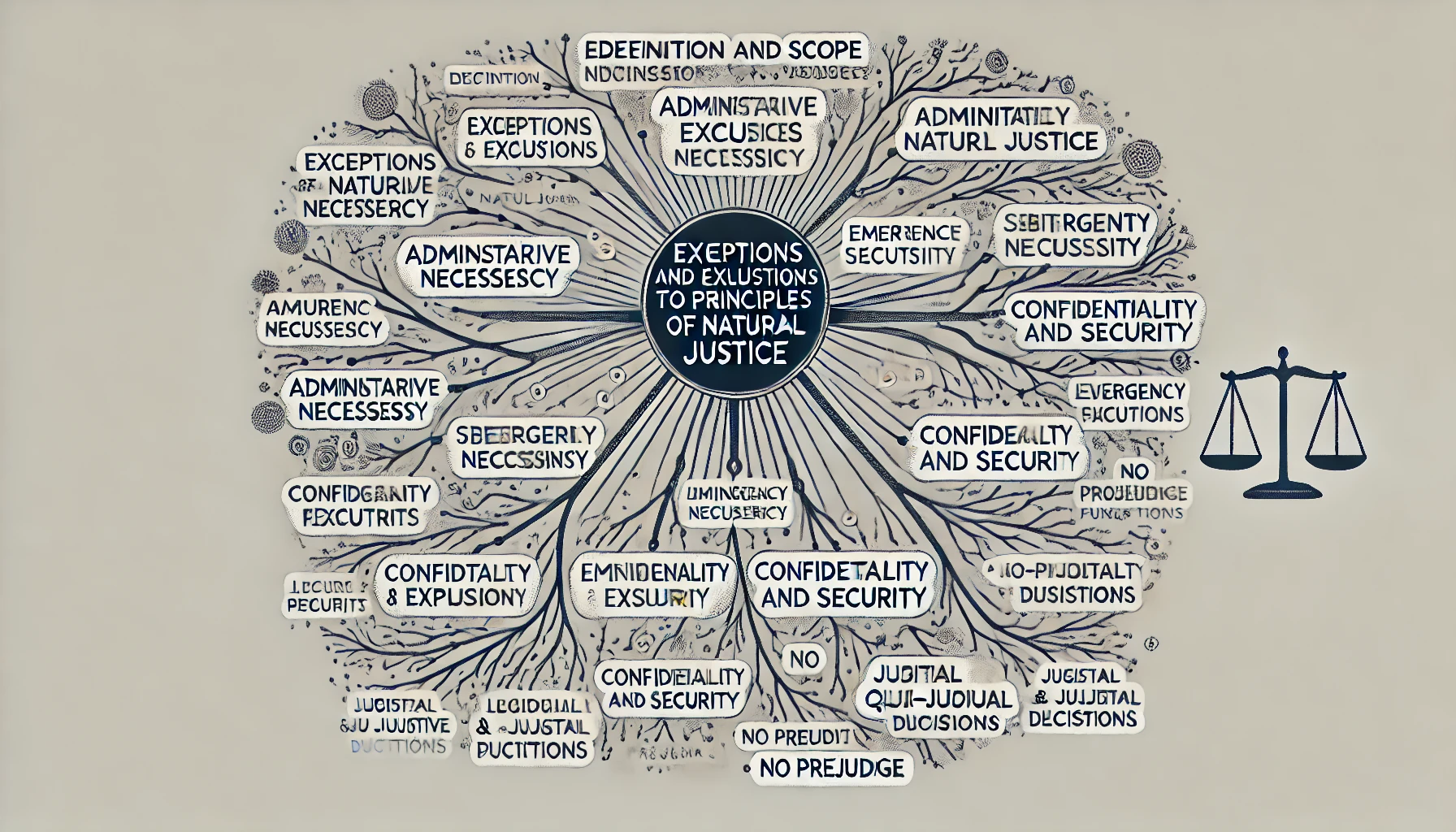
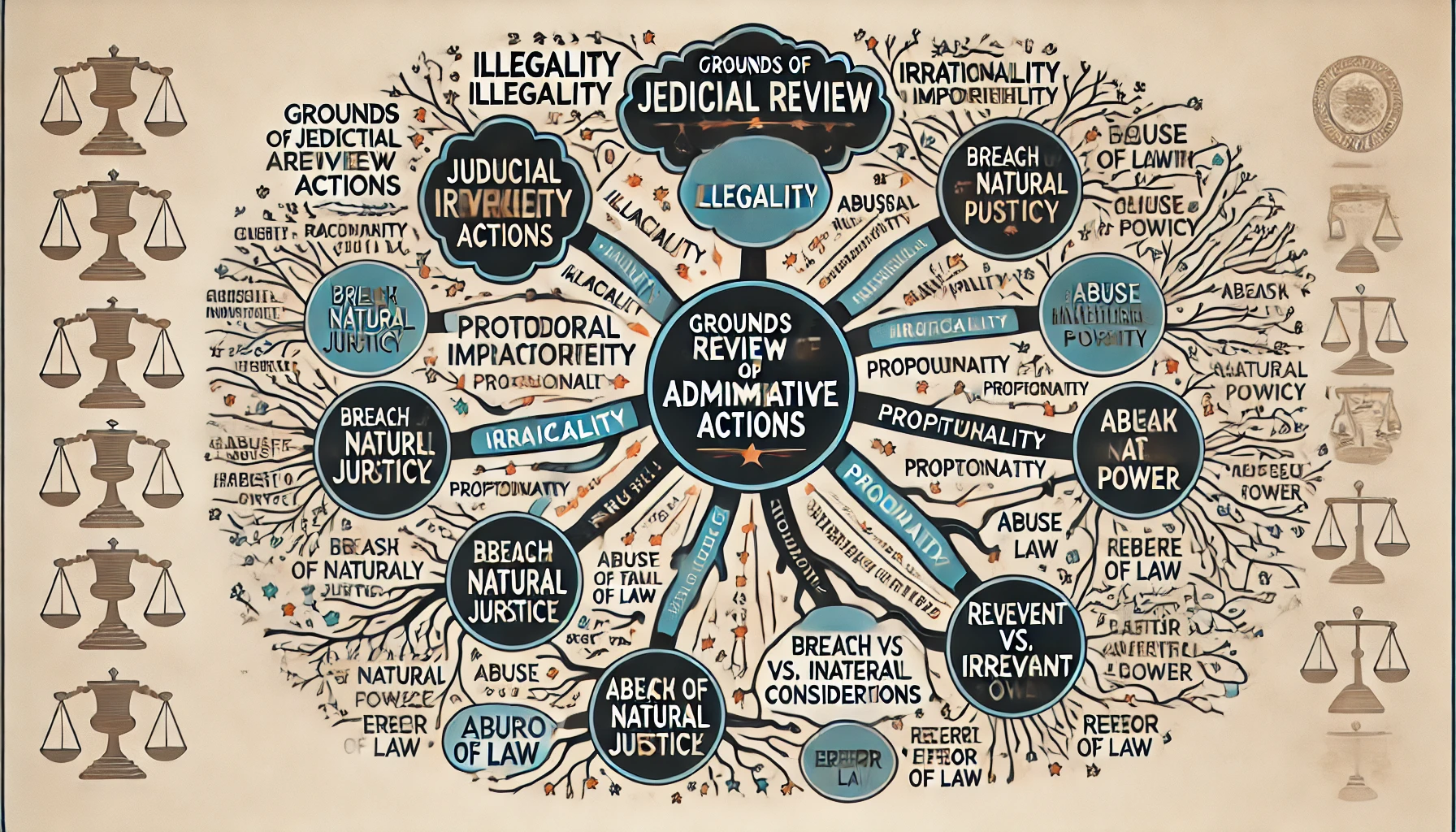
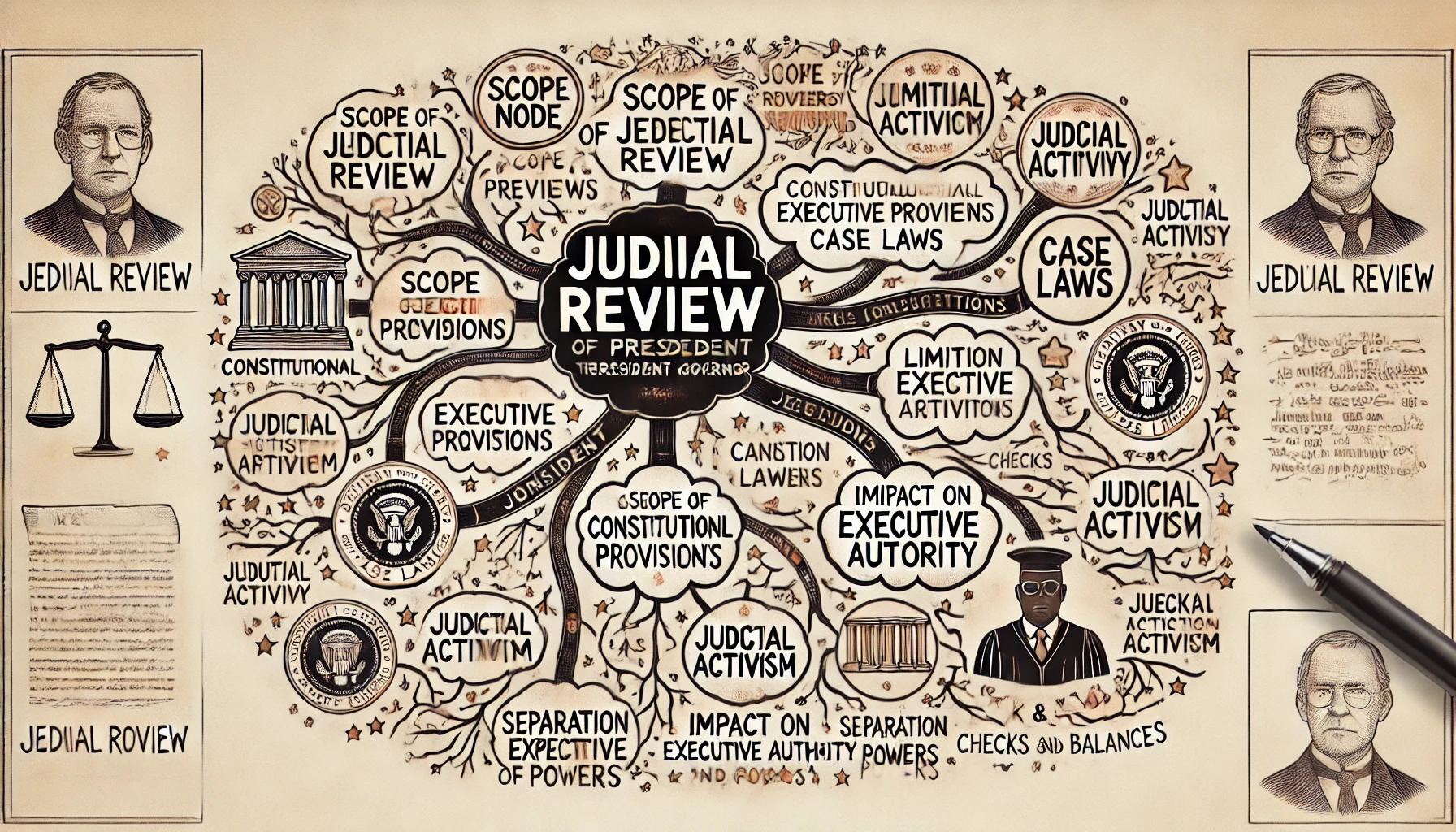
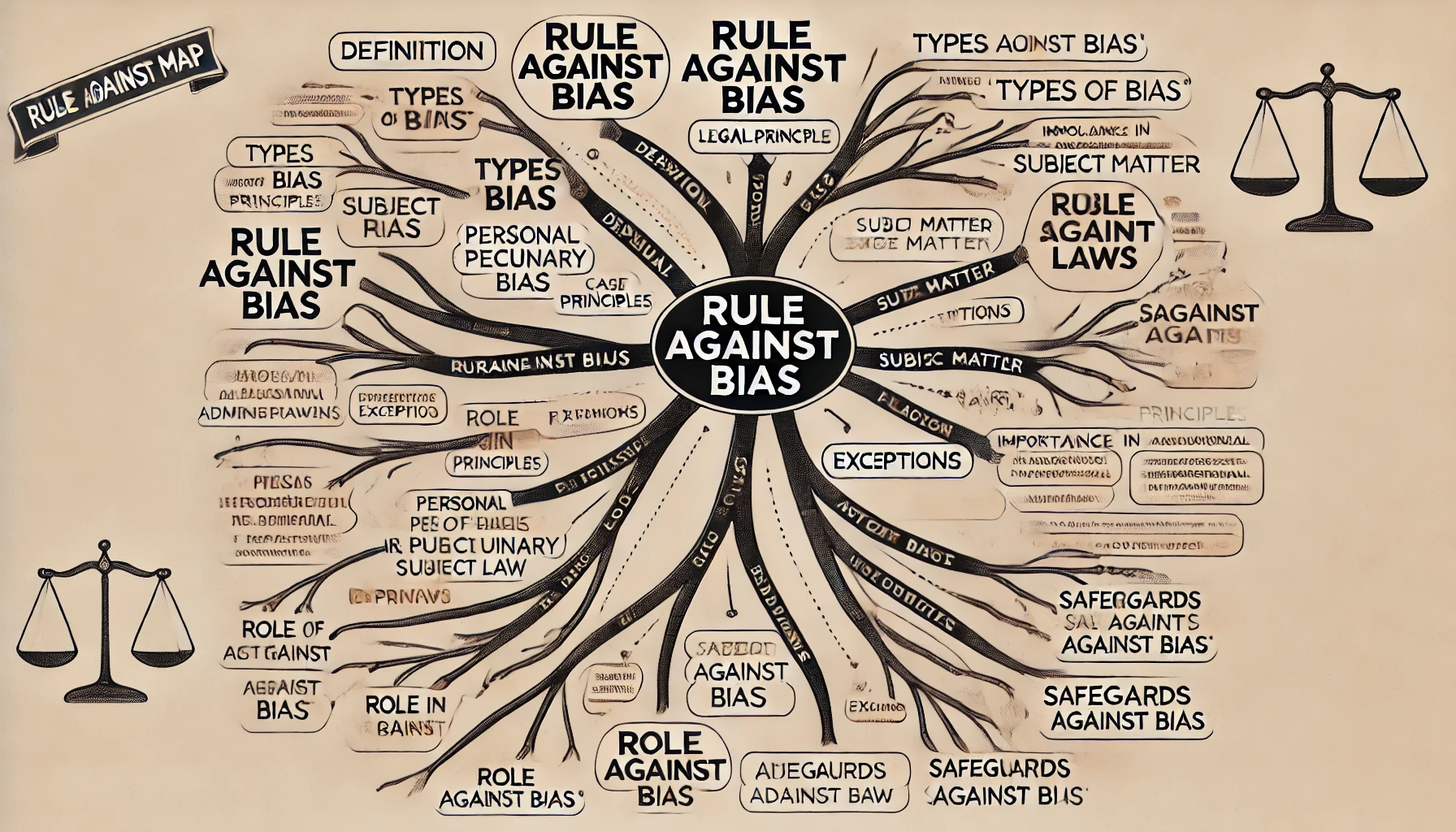
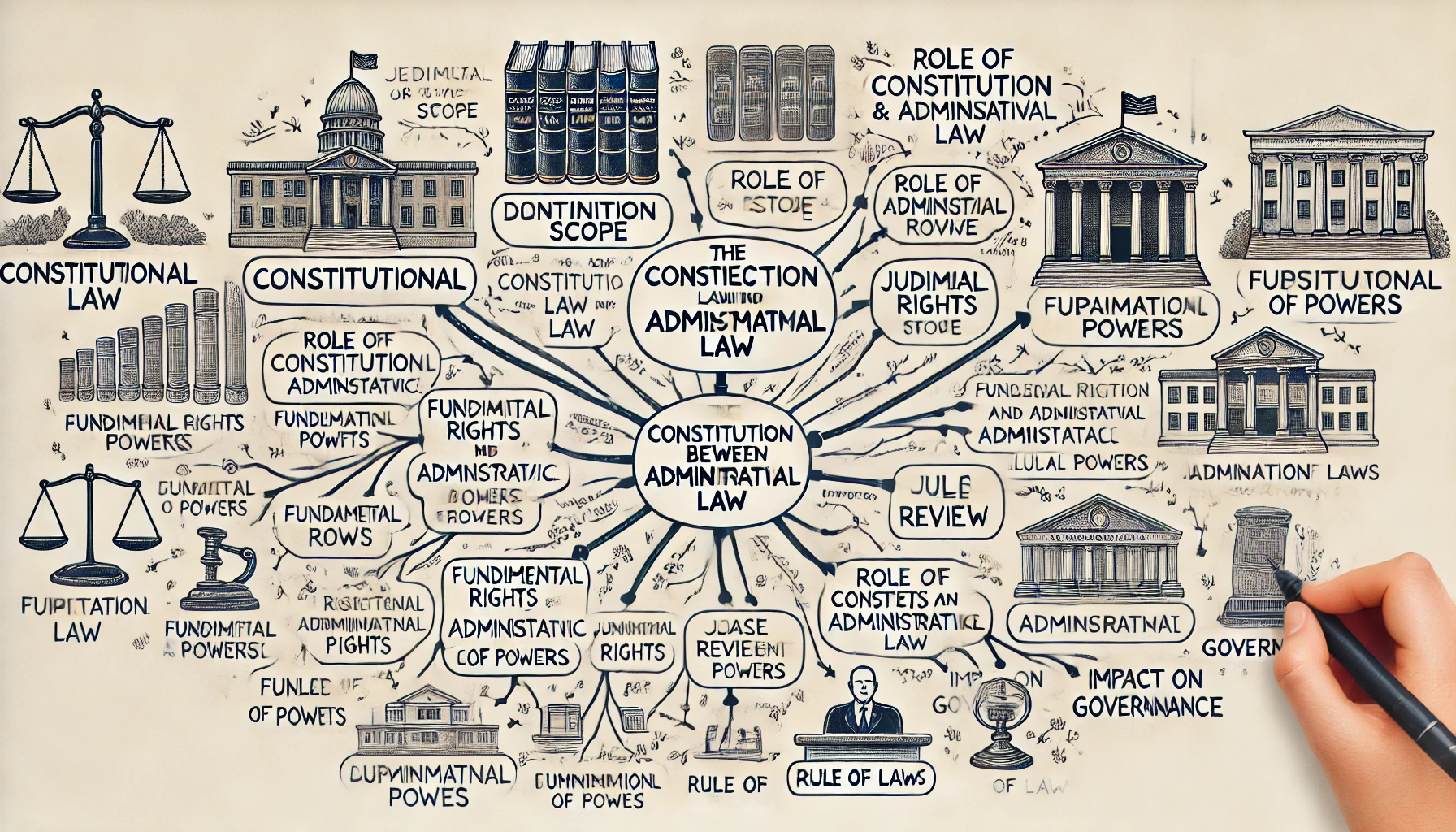
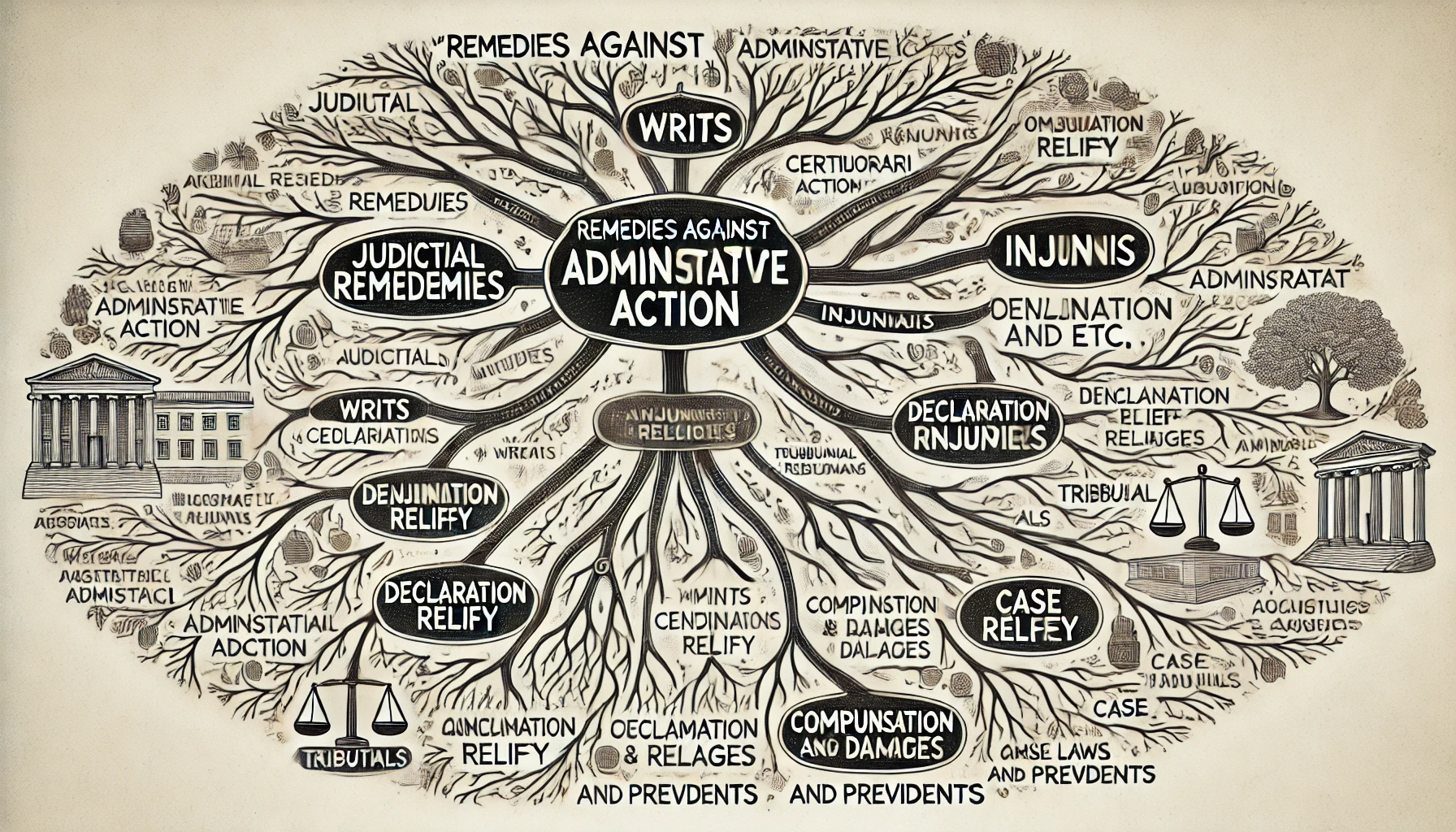
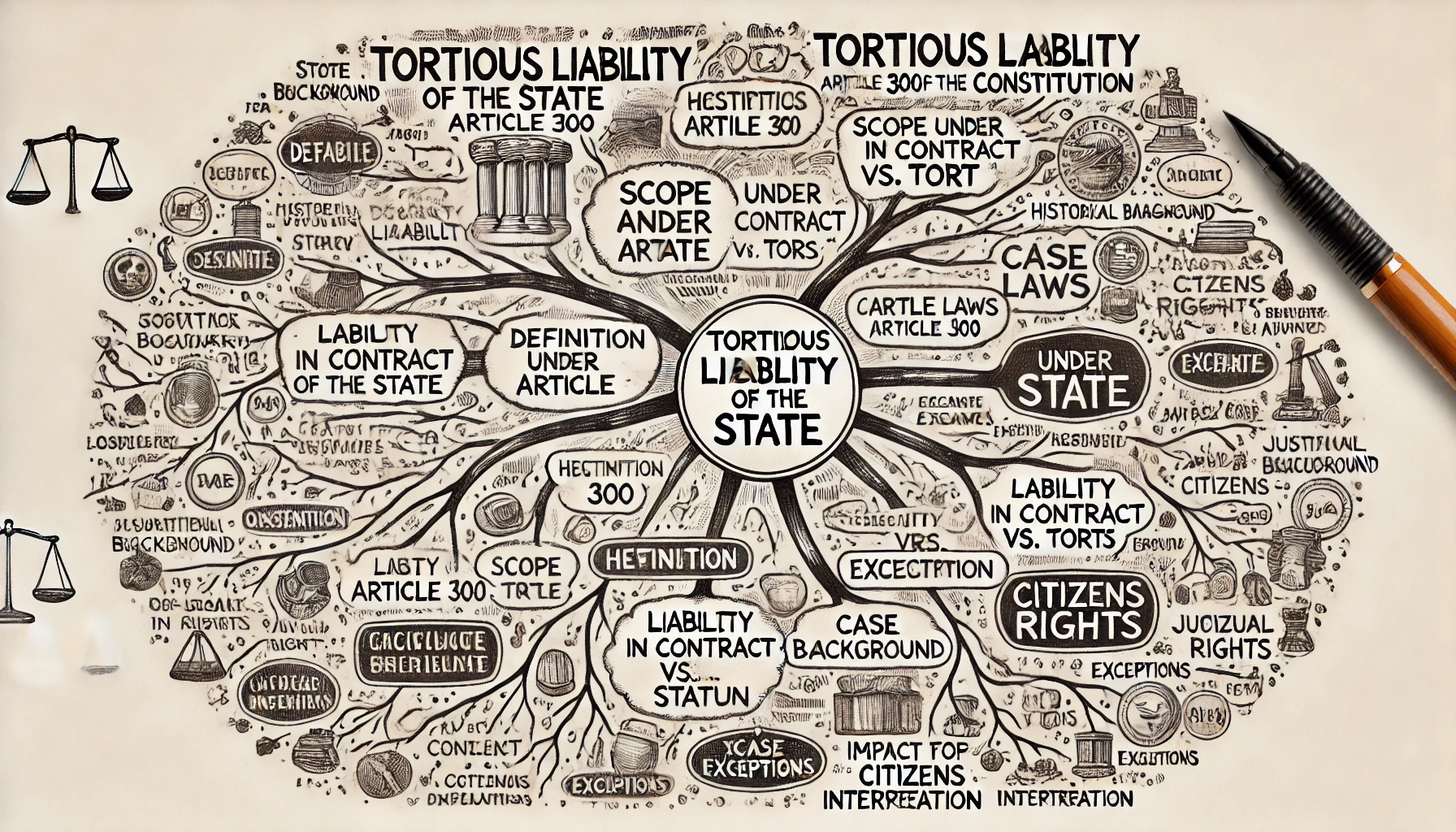
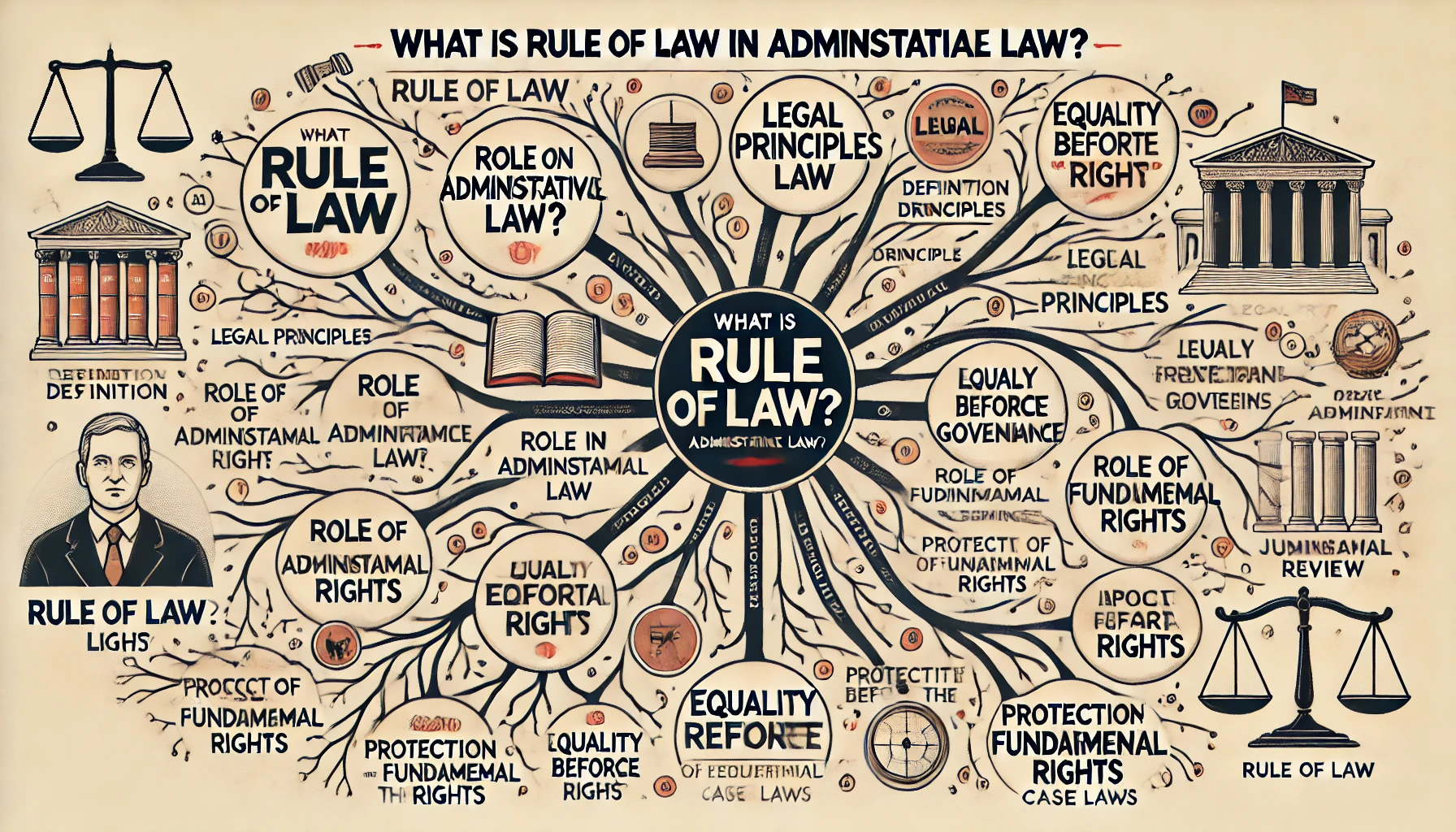
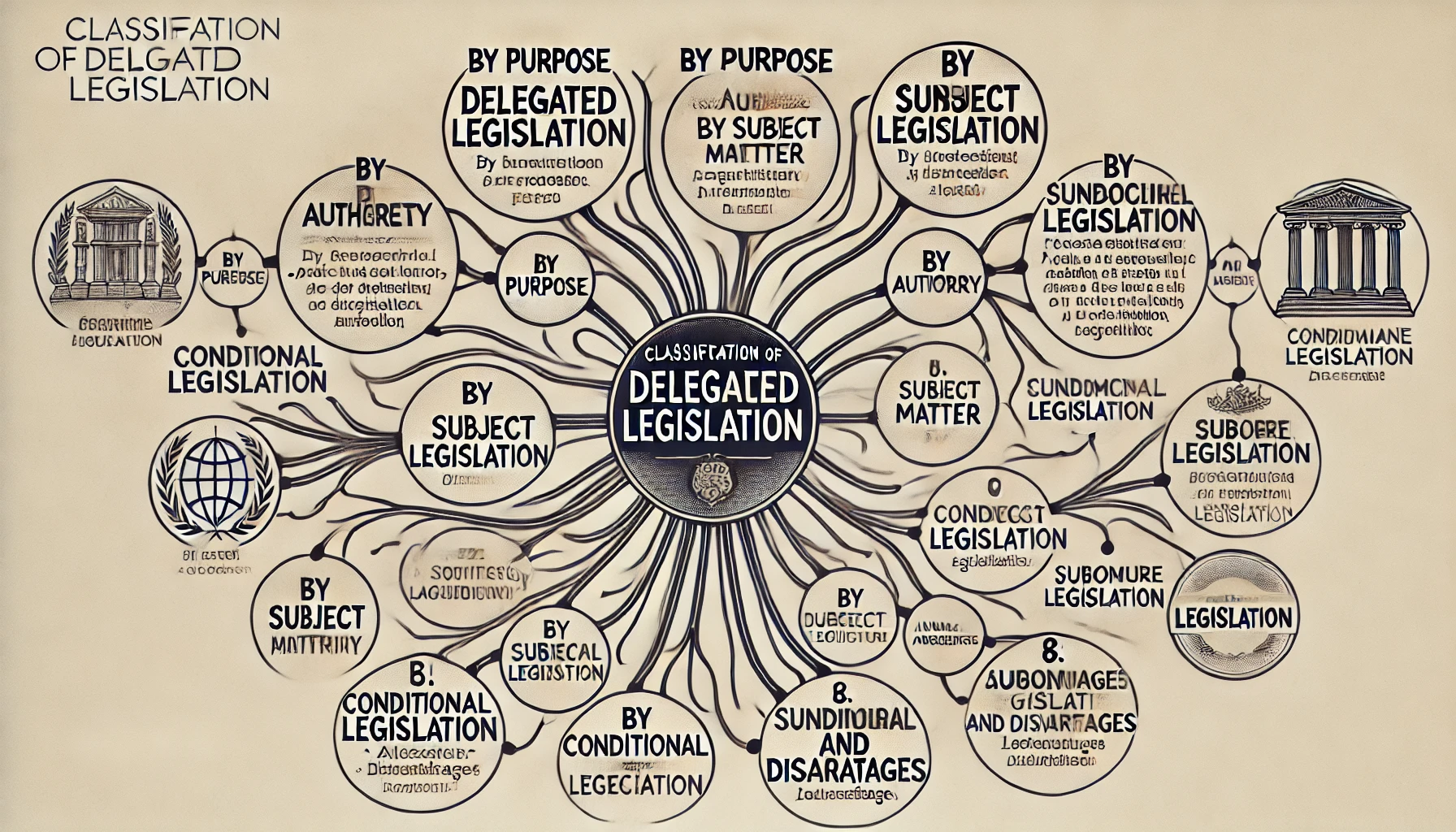

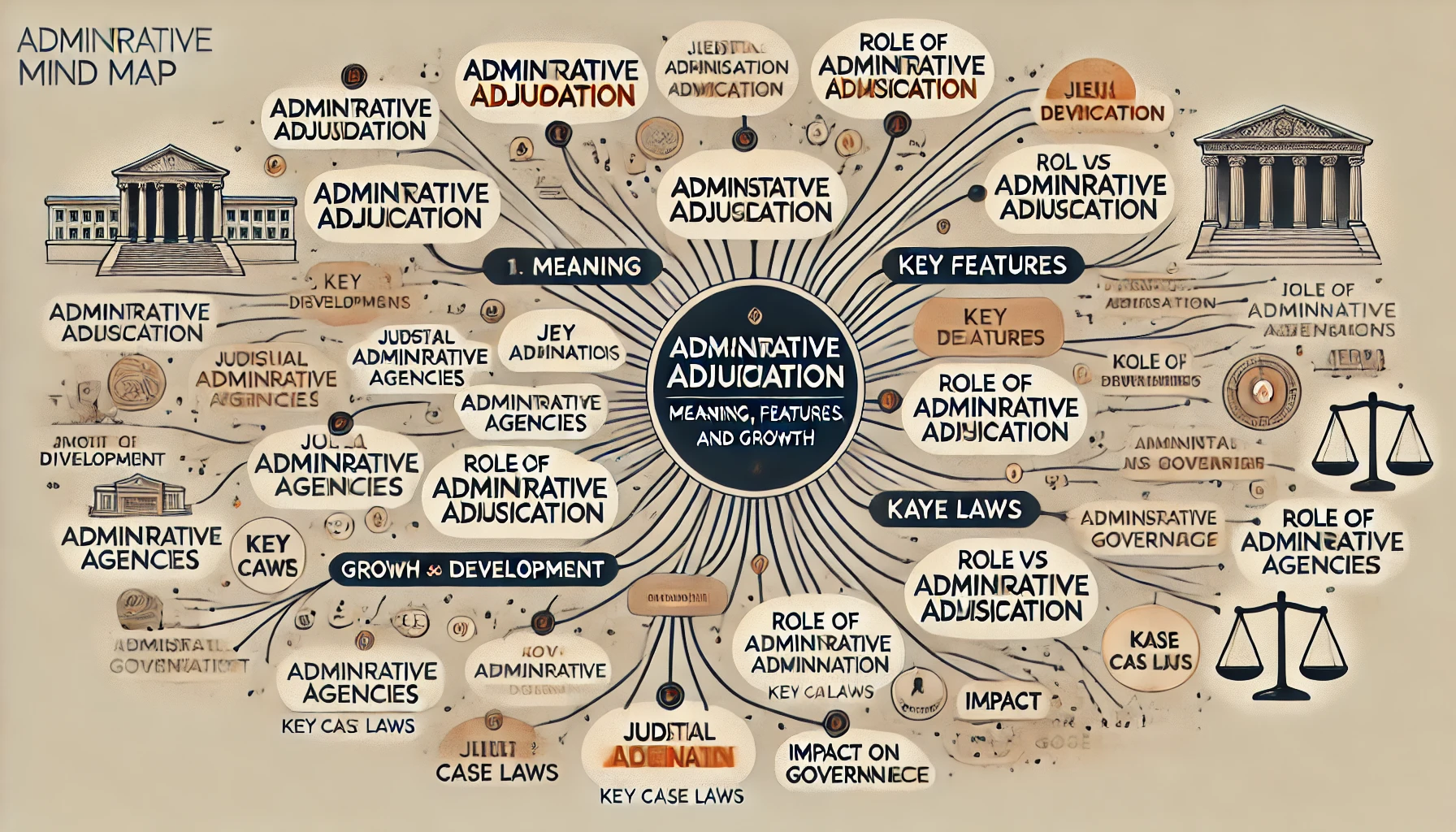

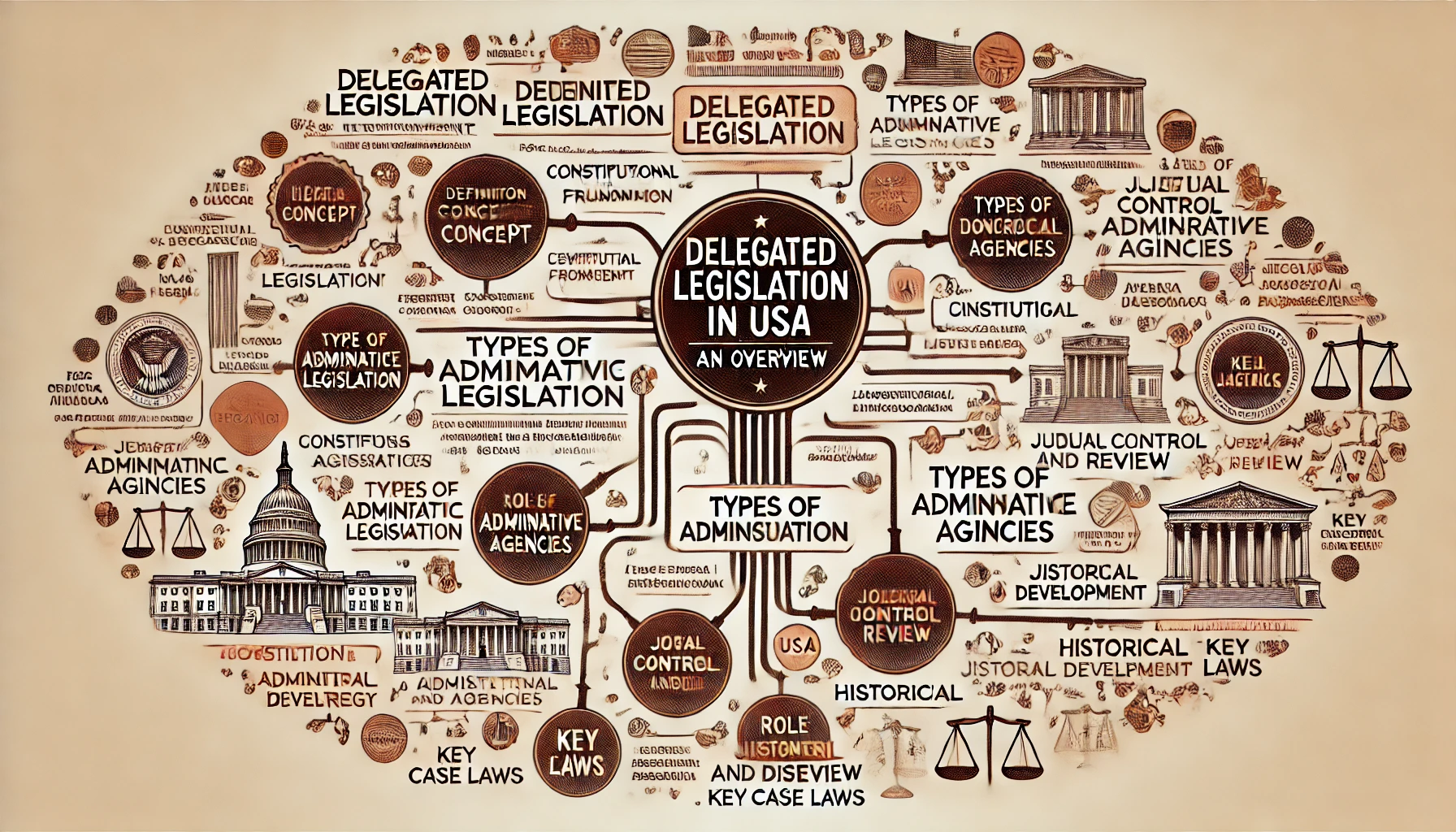
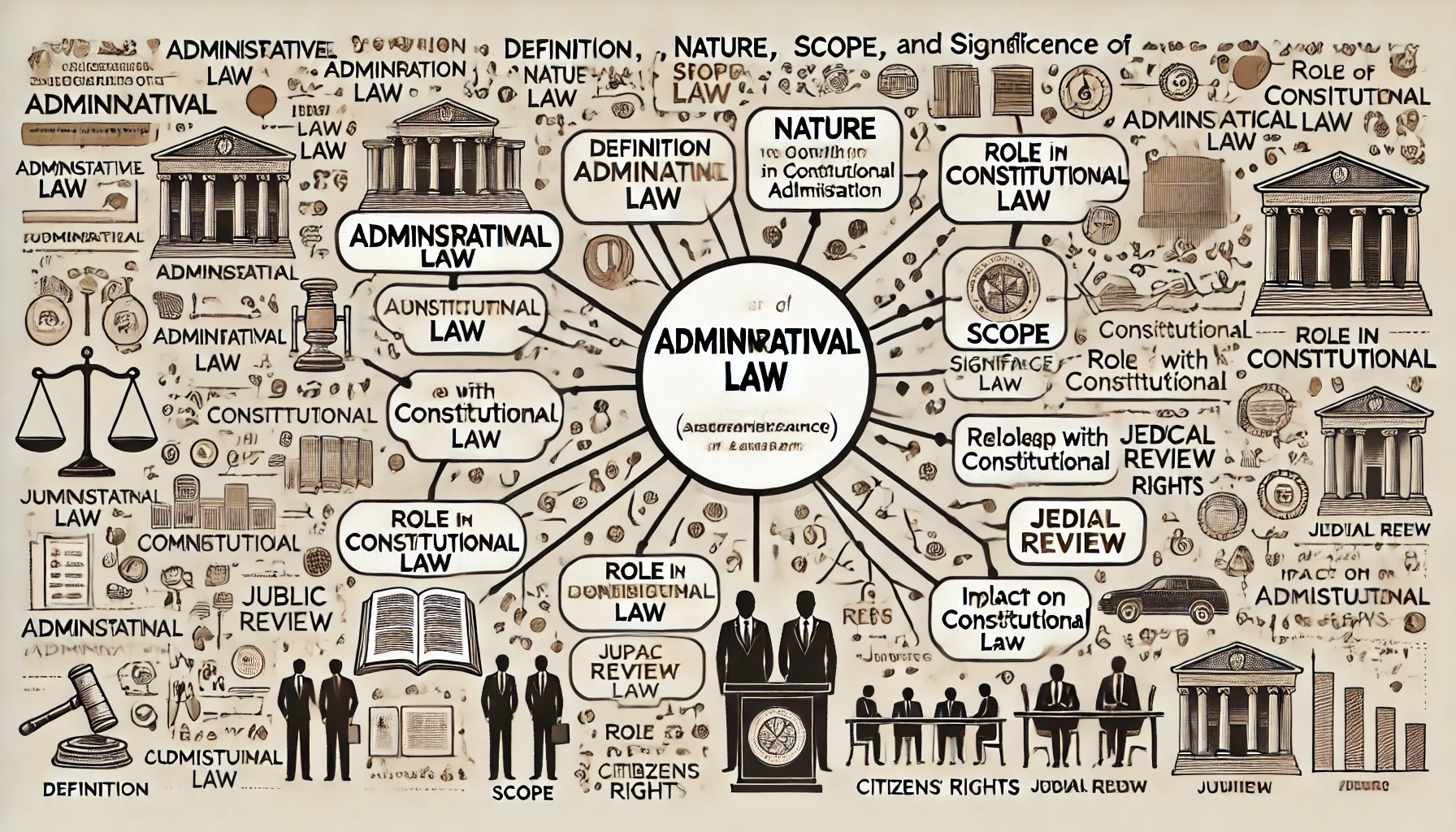
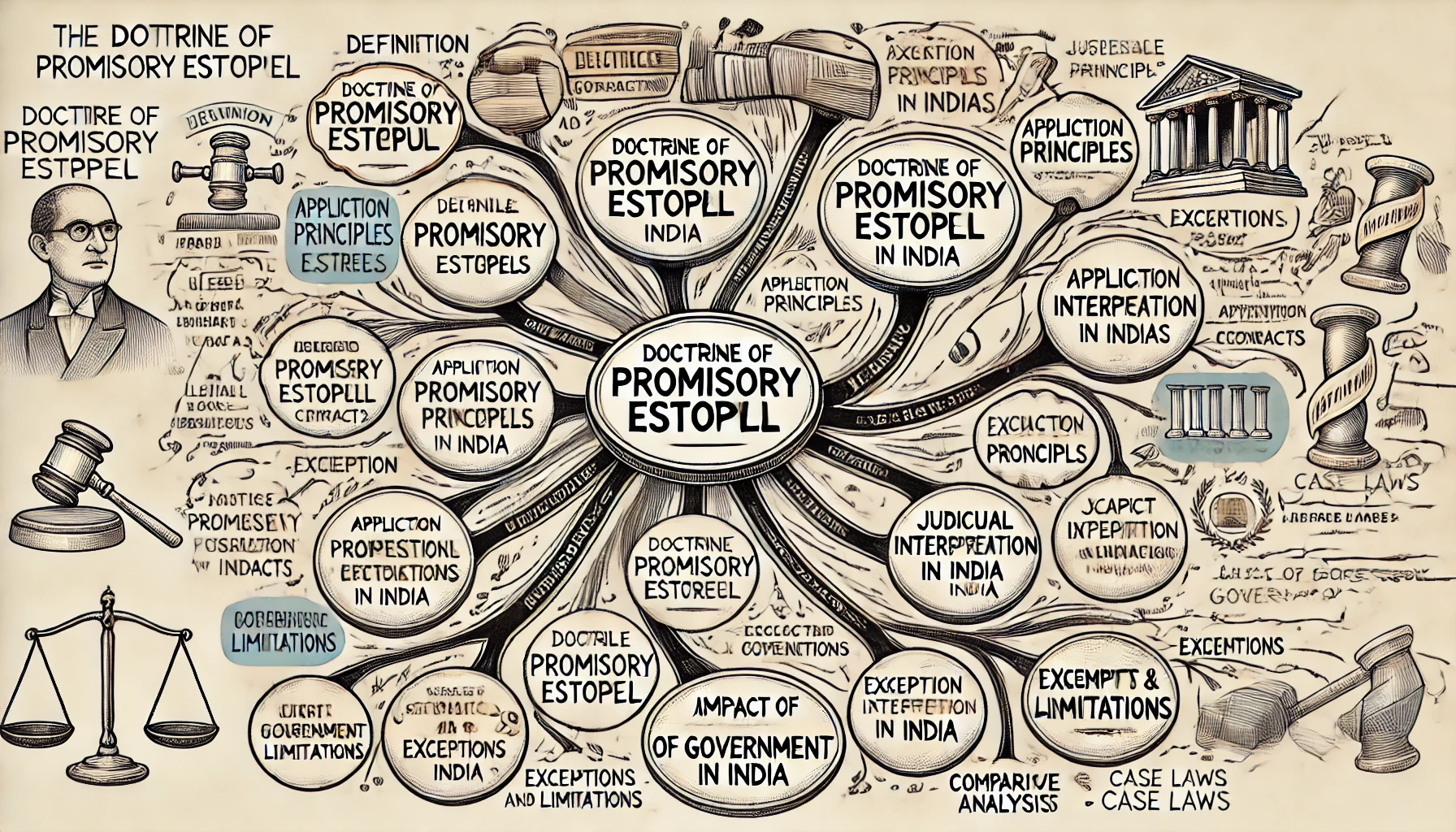
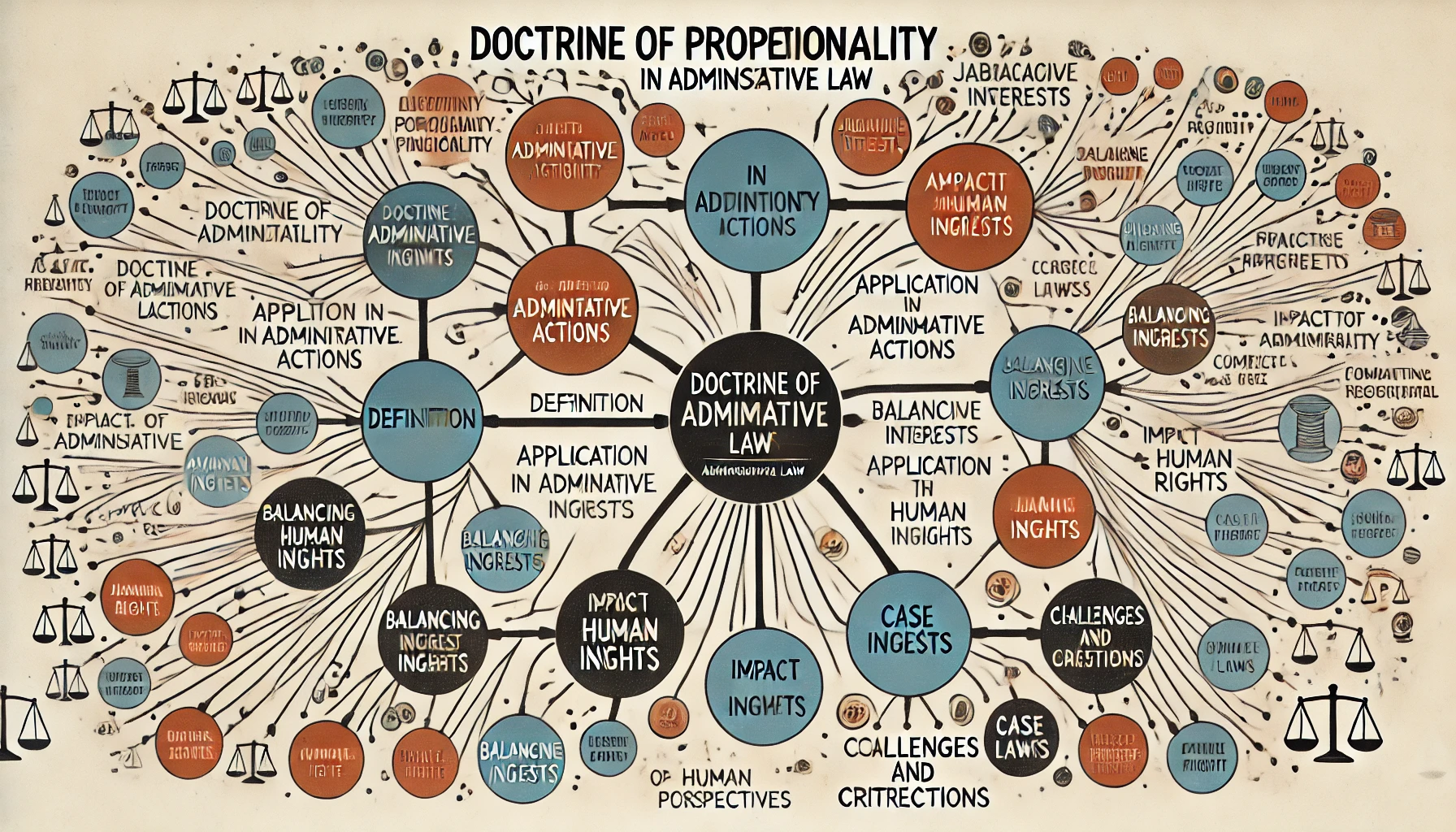
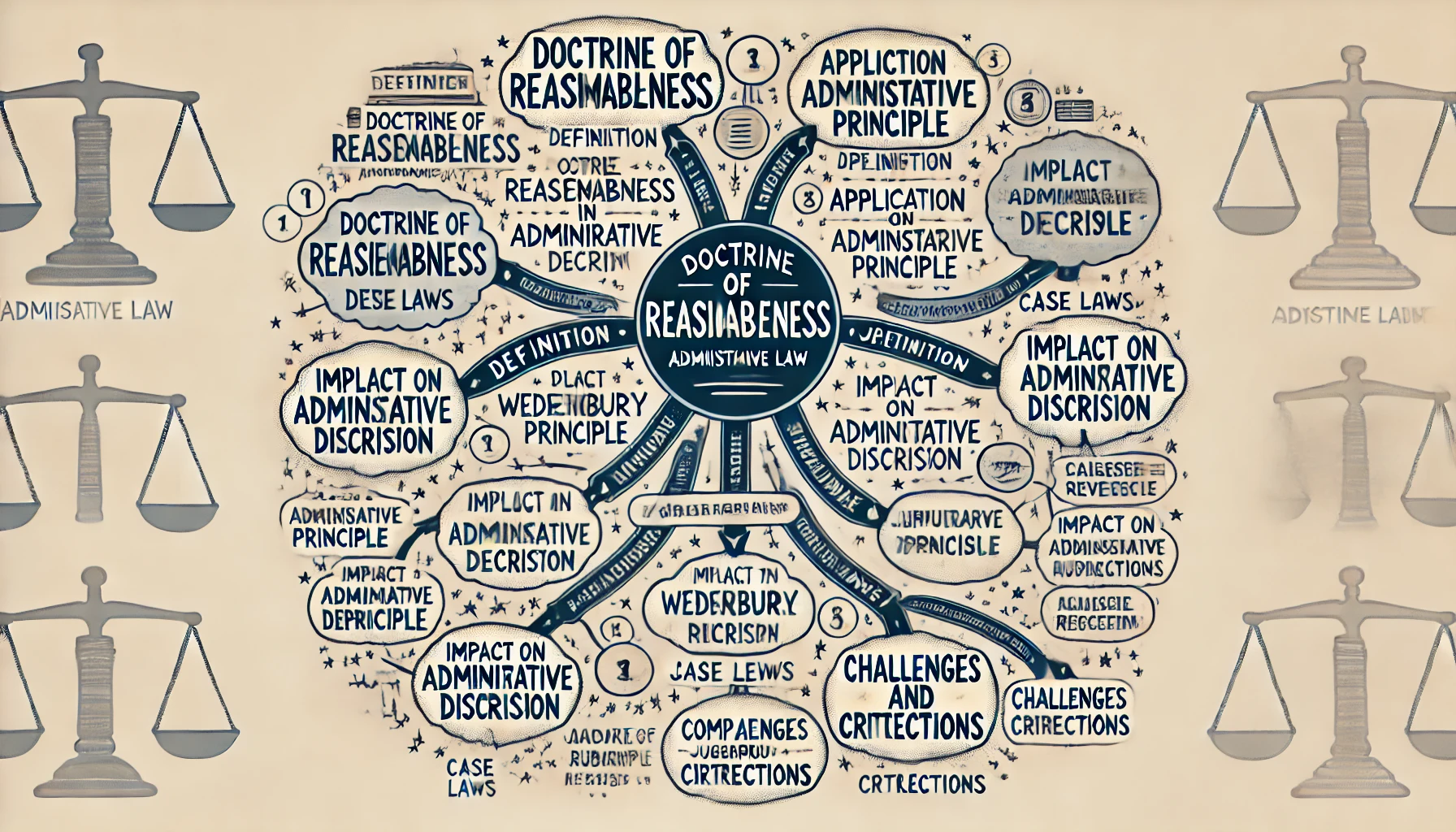

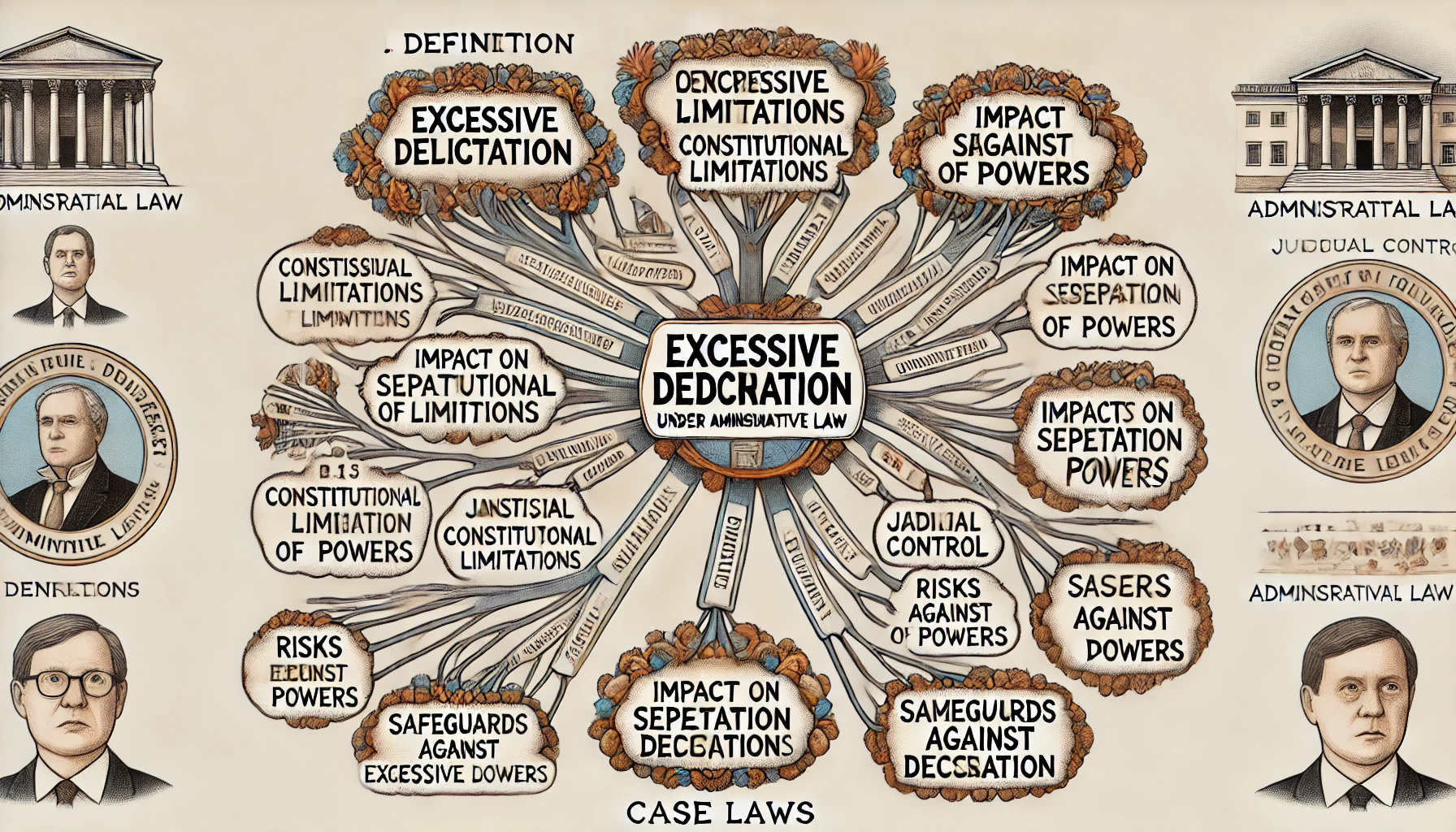

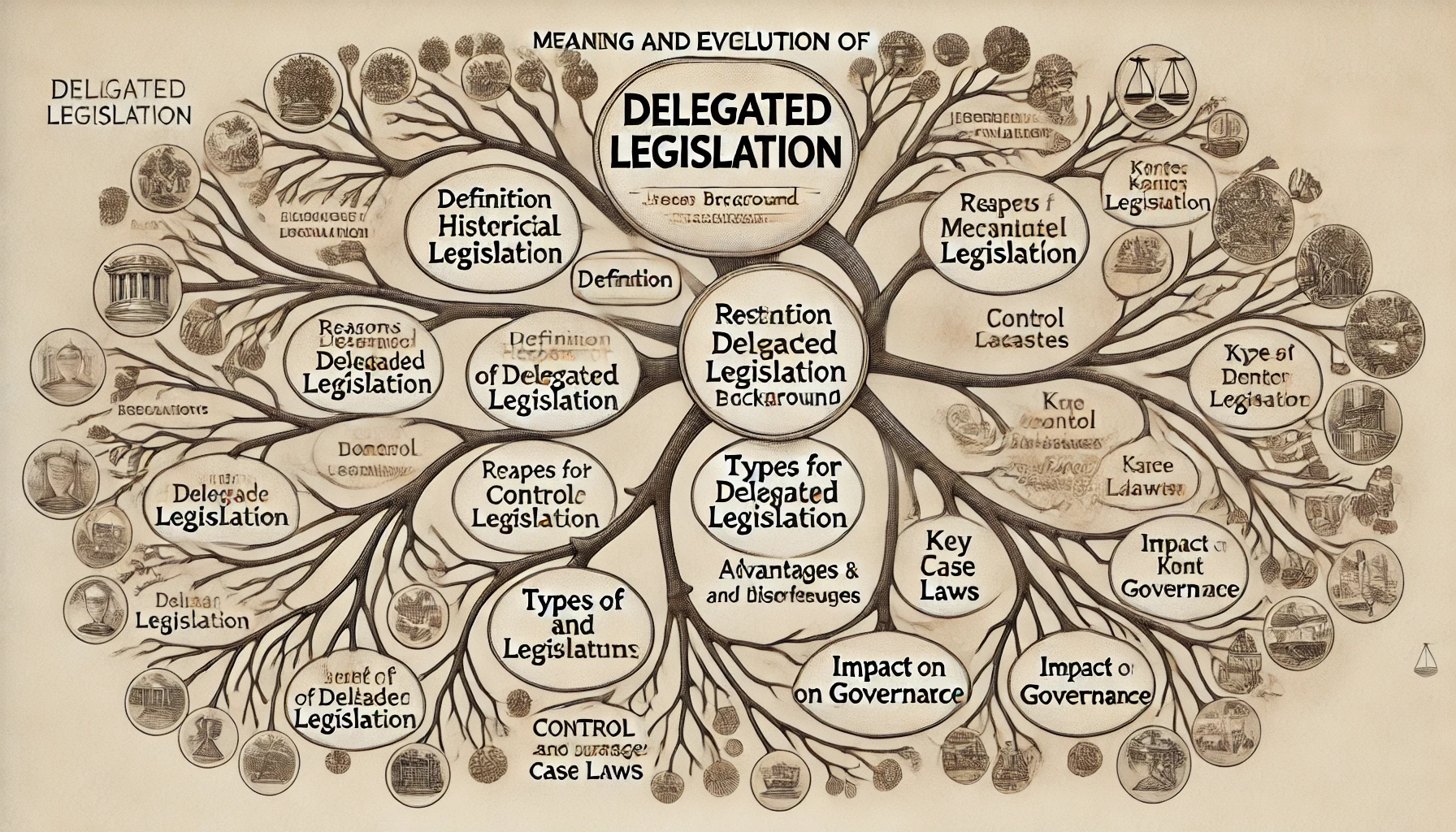
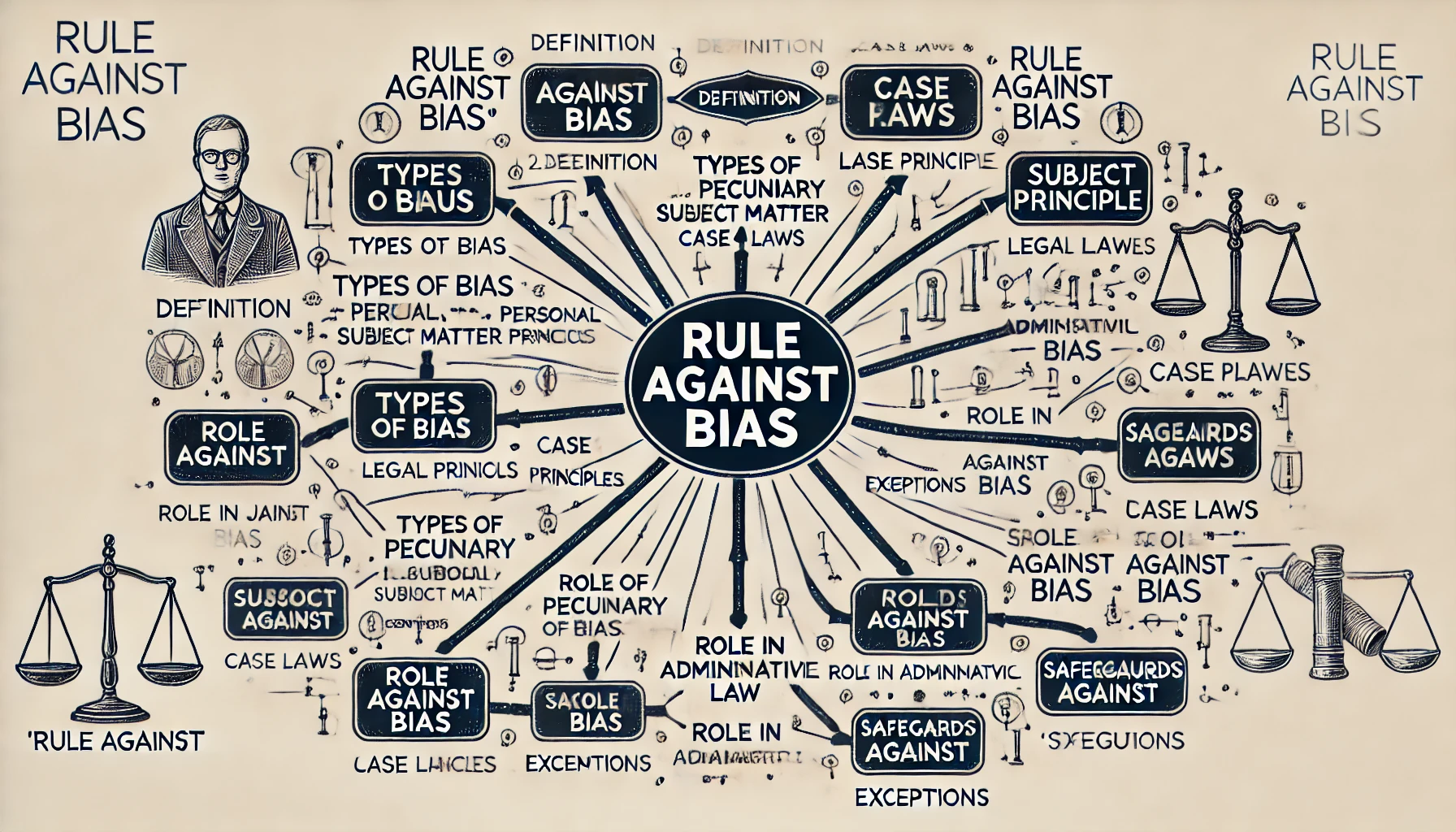
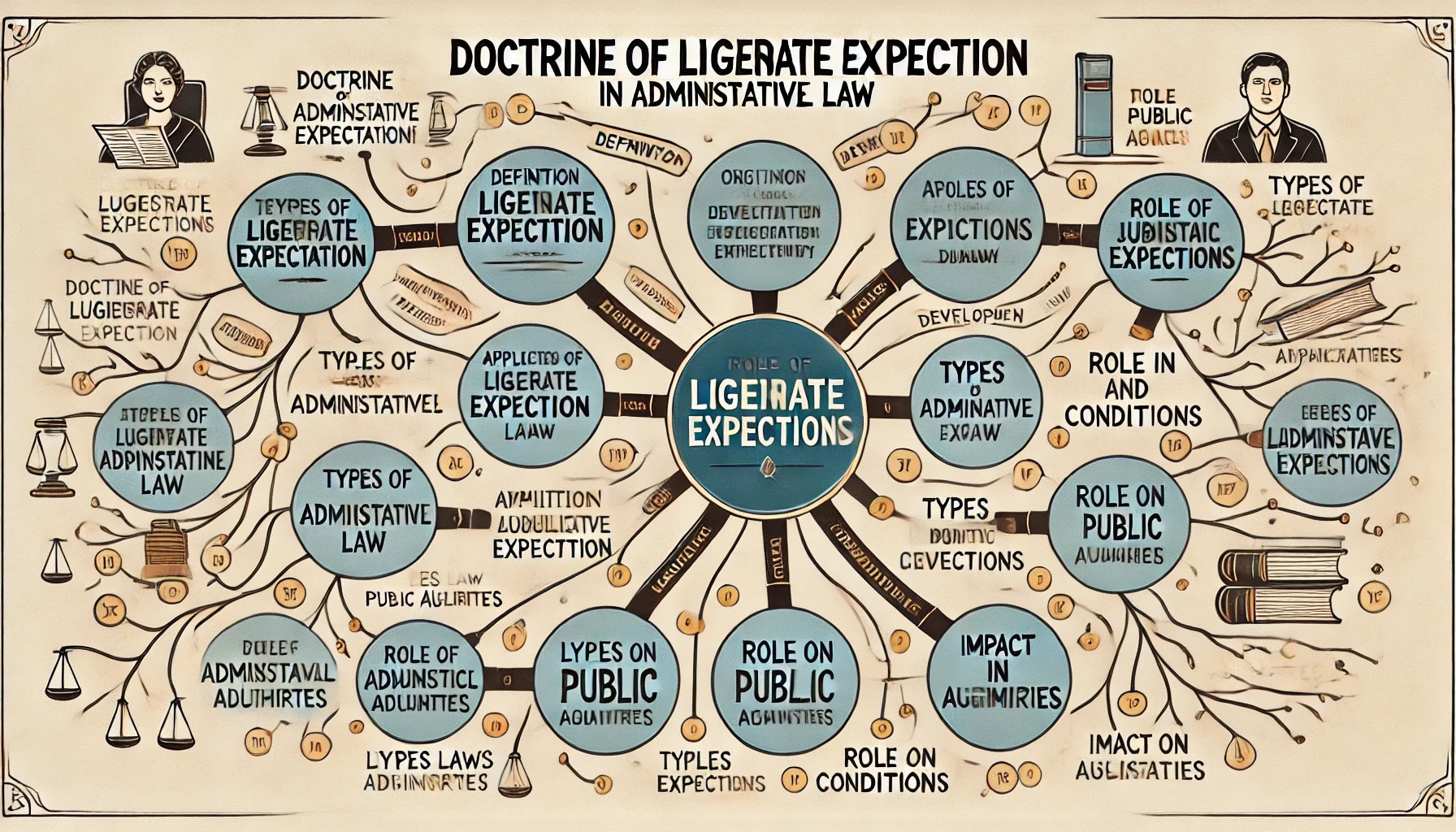
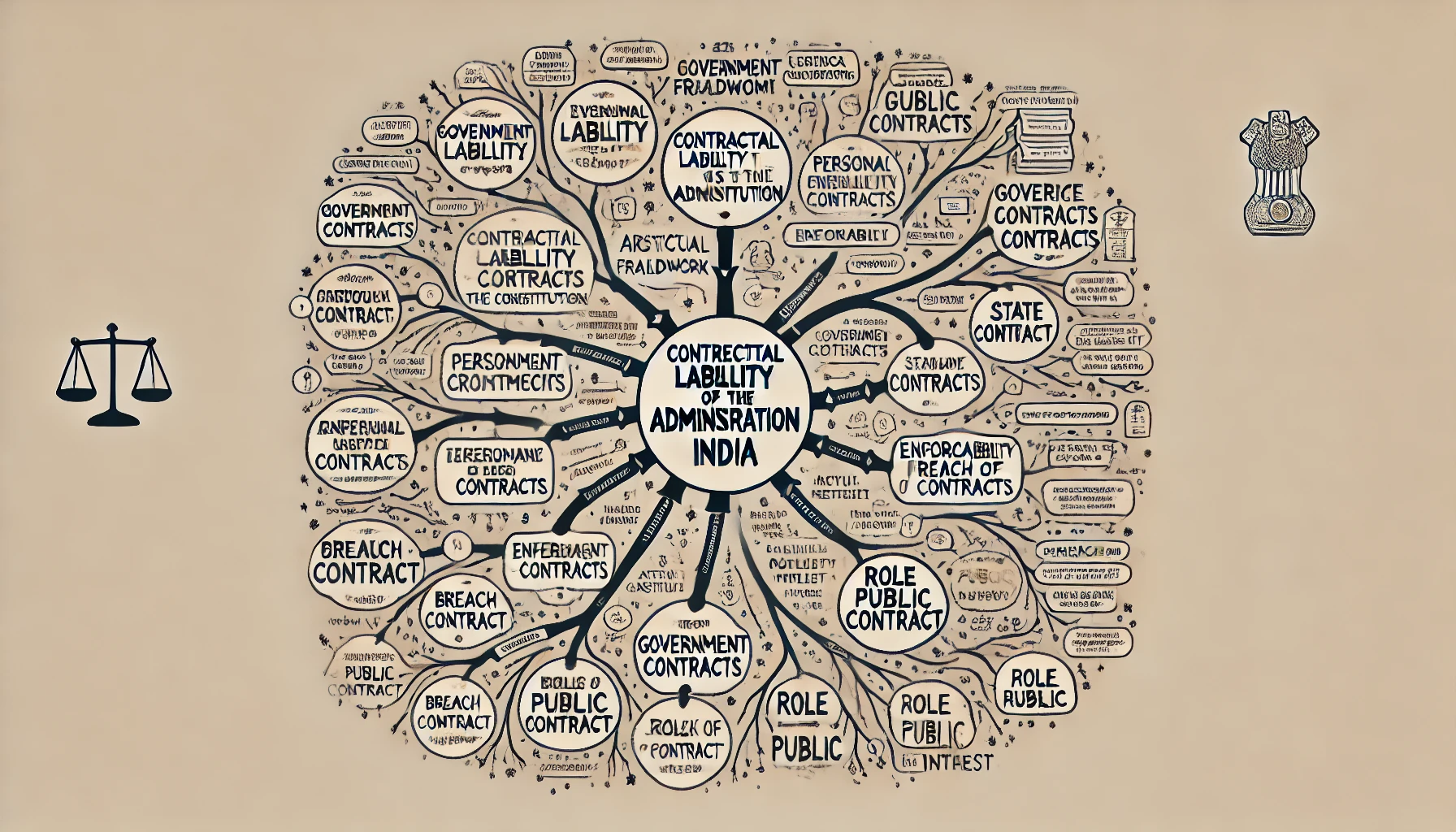
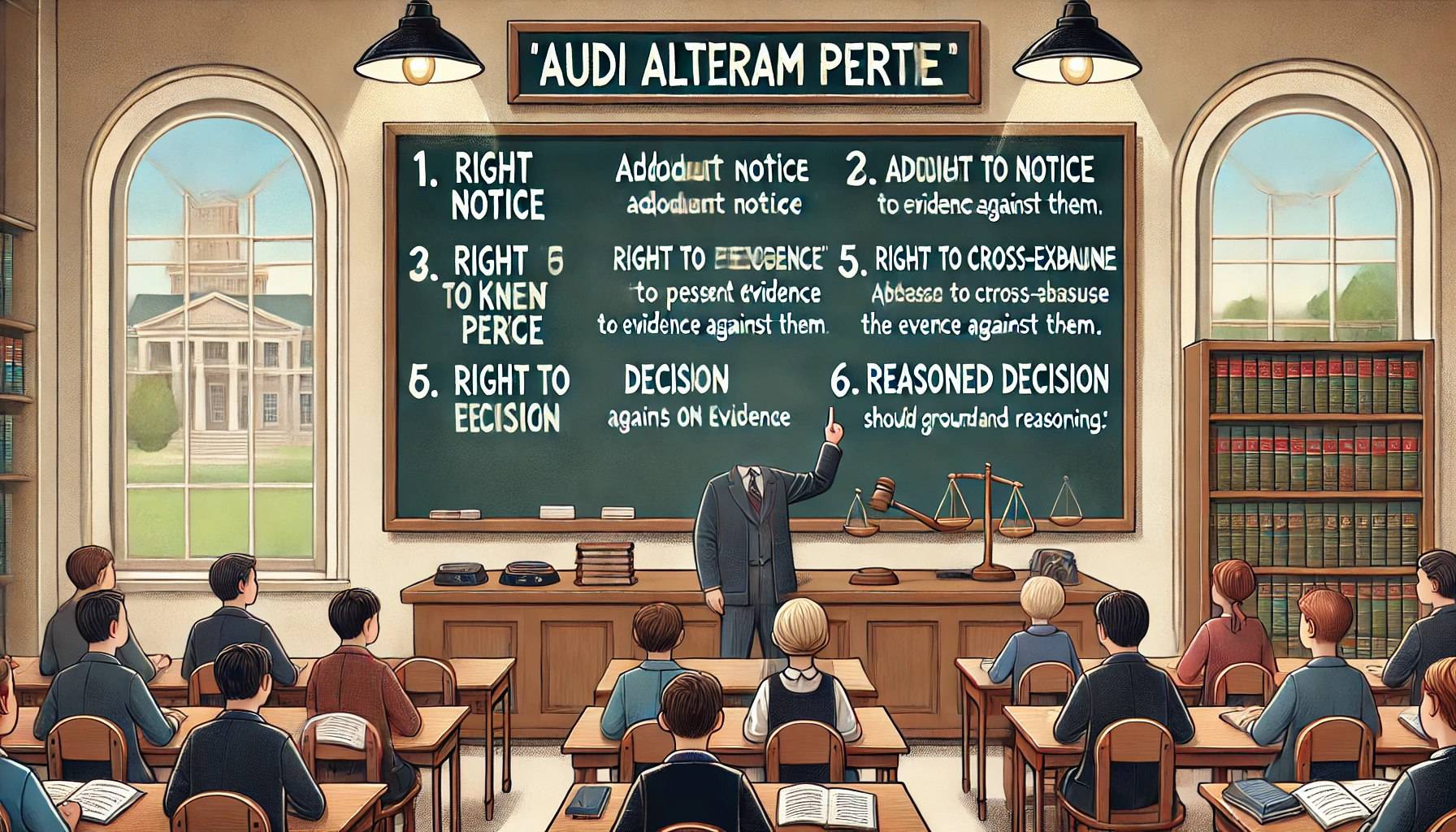

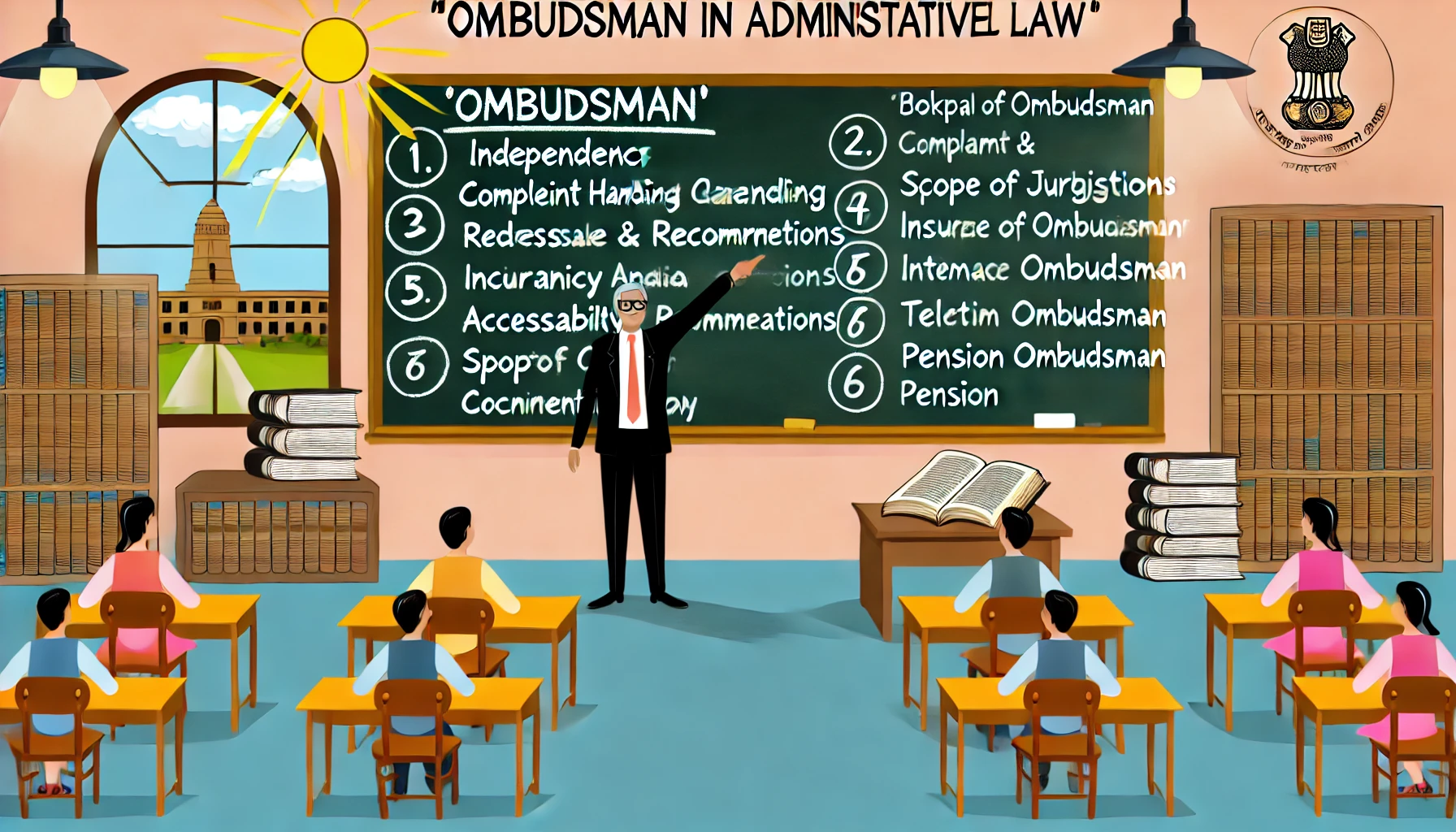
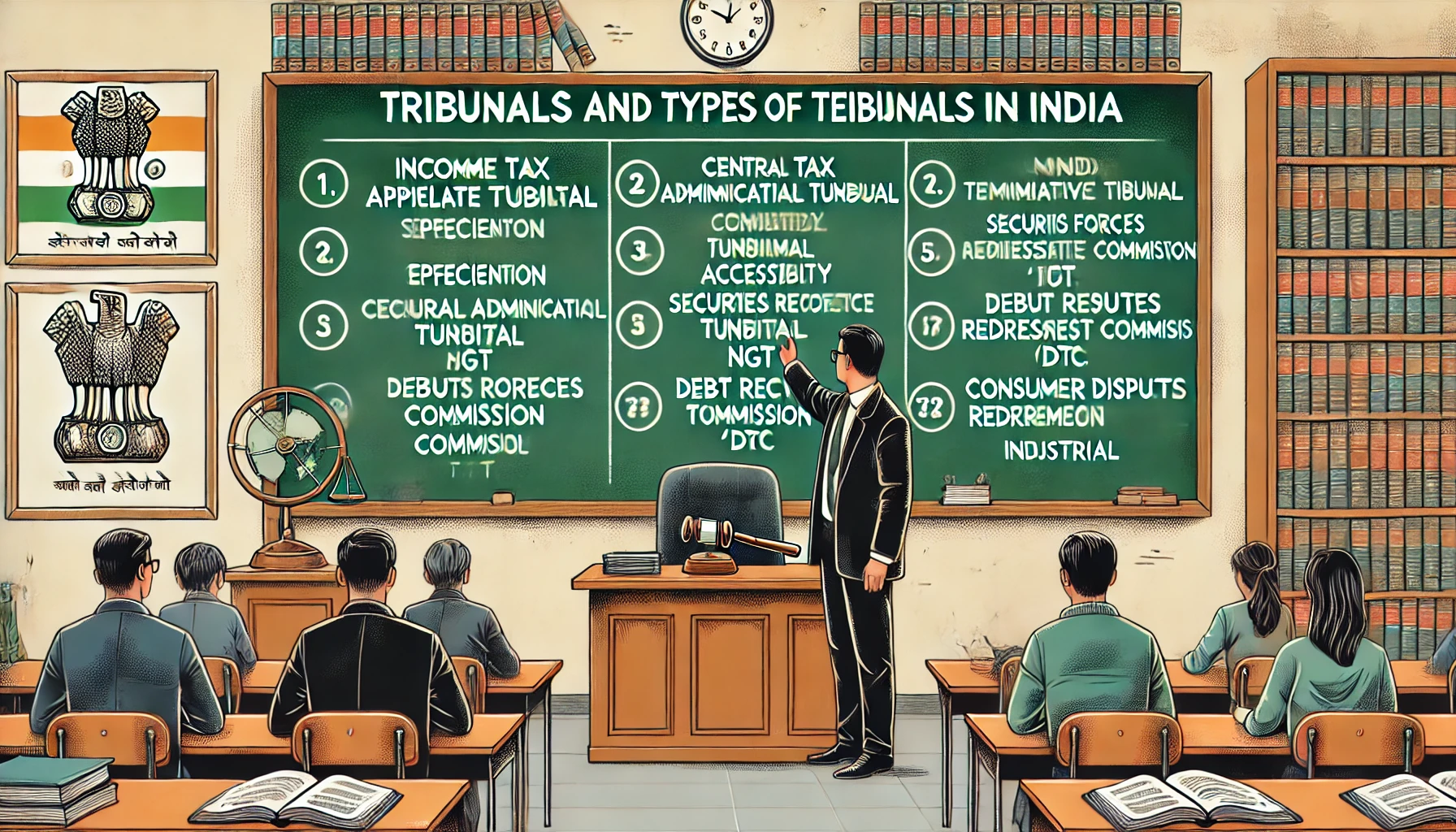
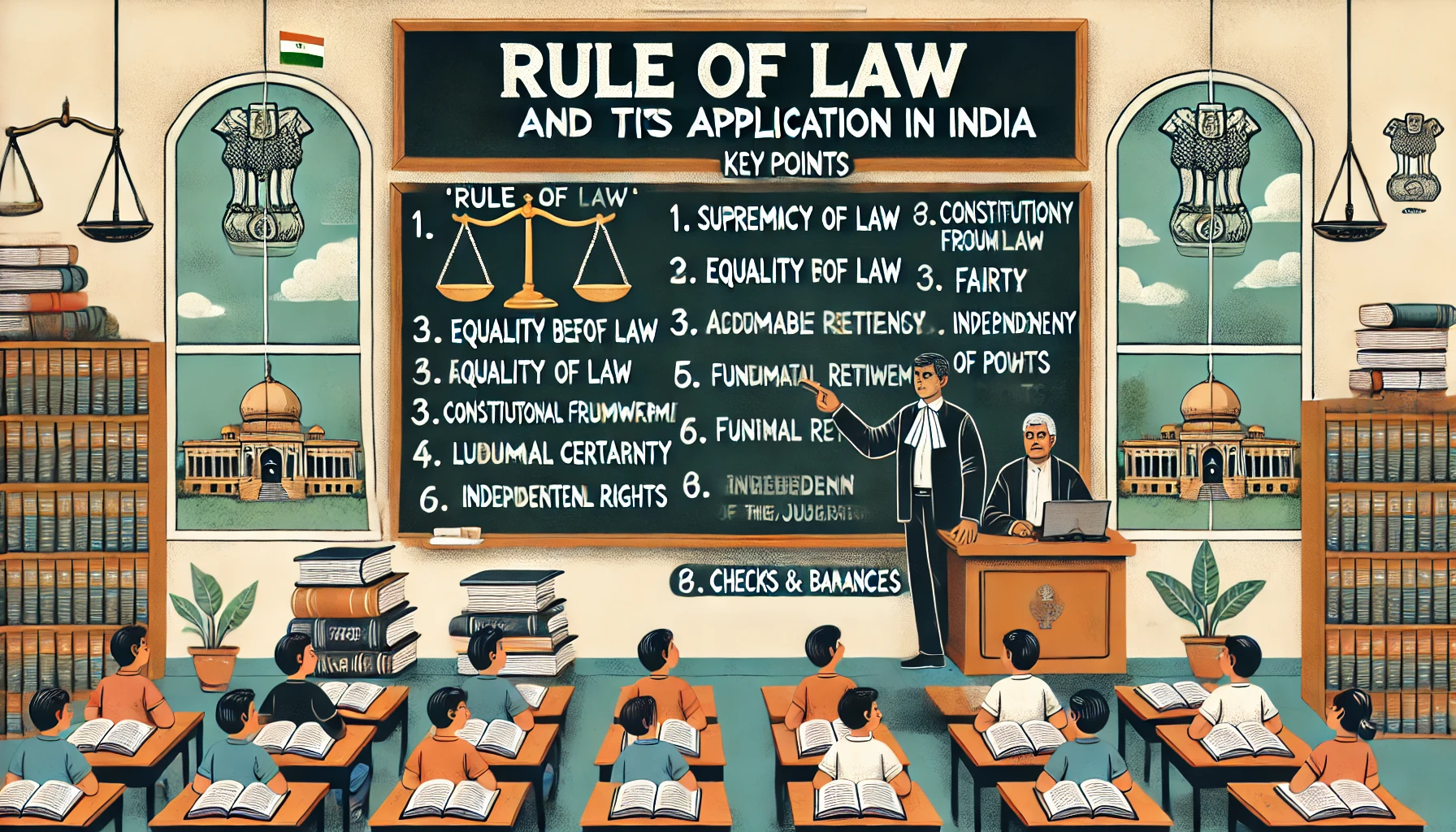
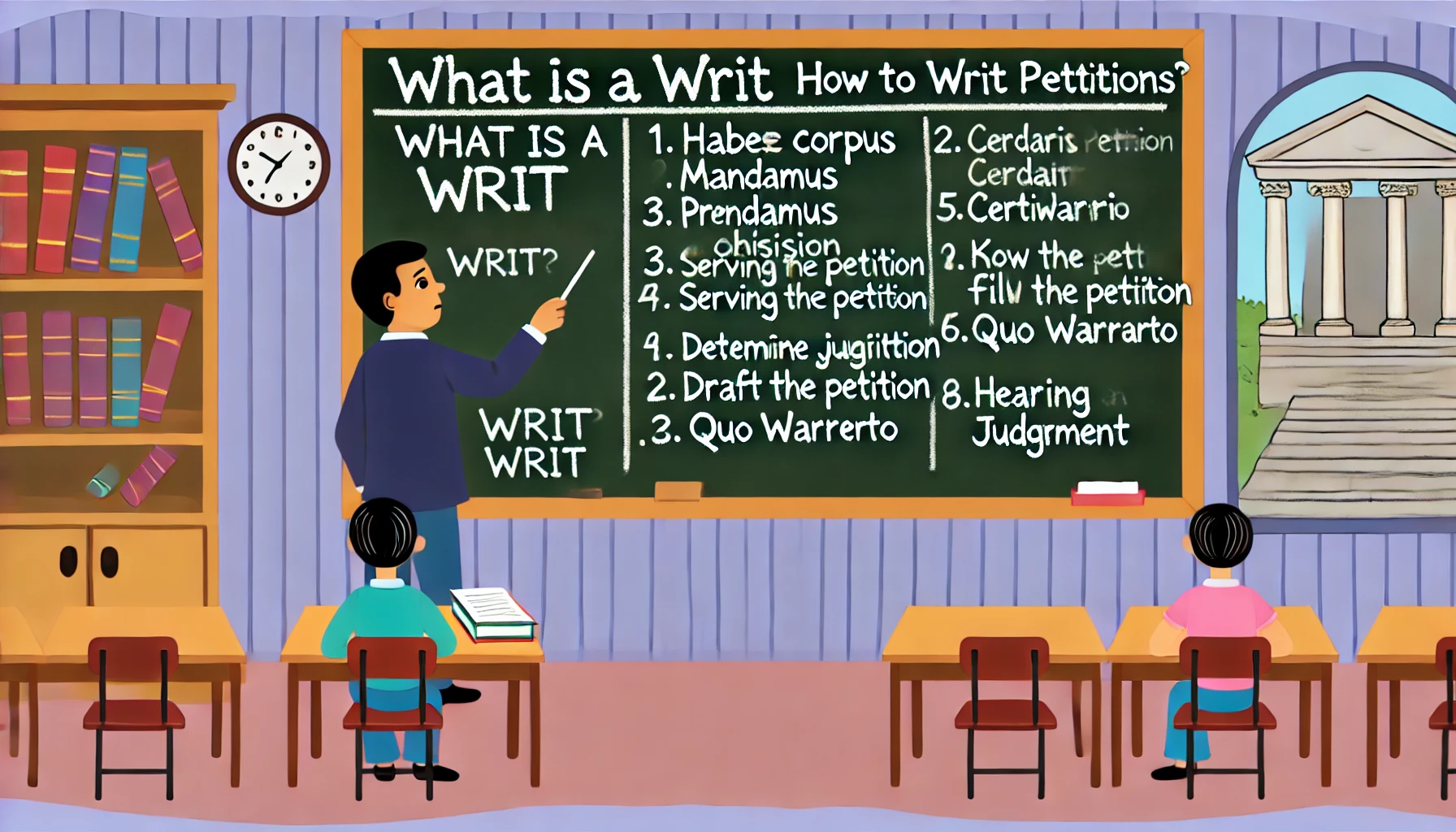
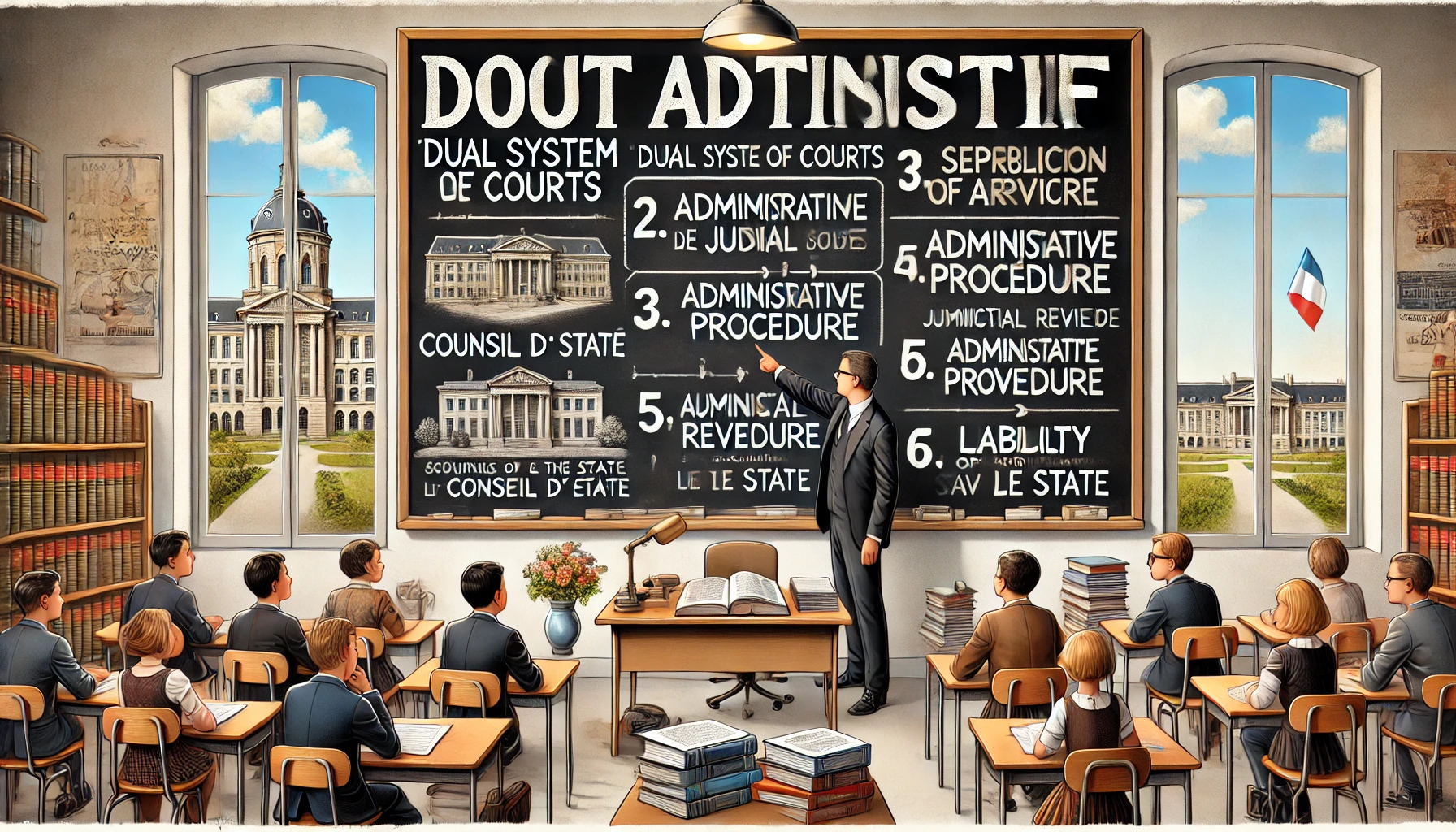

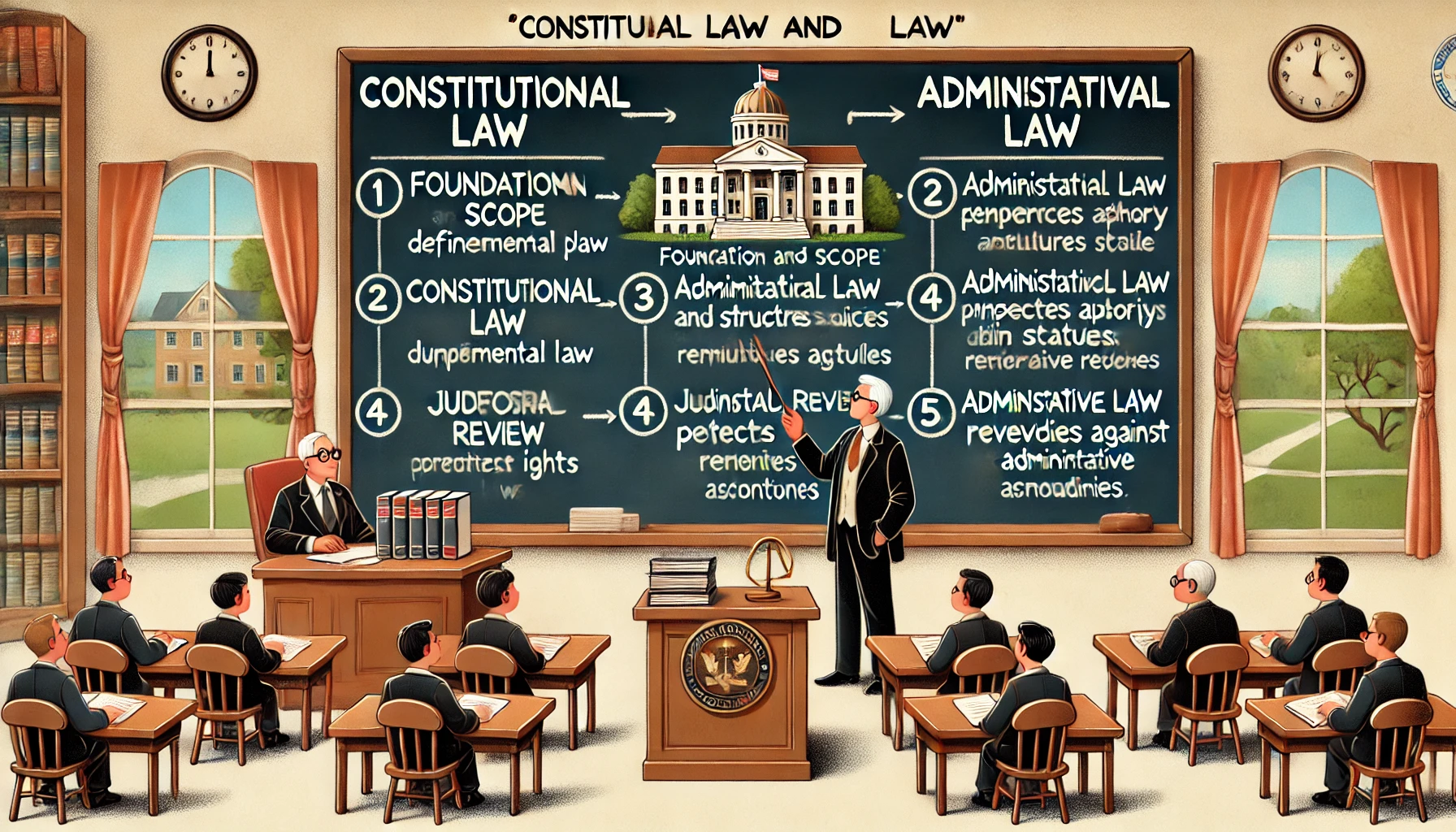































































































Comment
Nothing for now